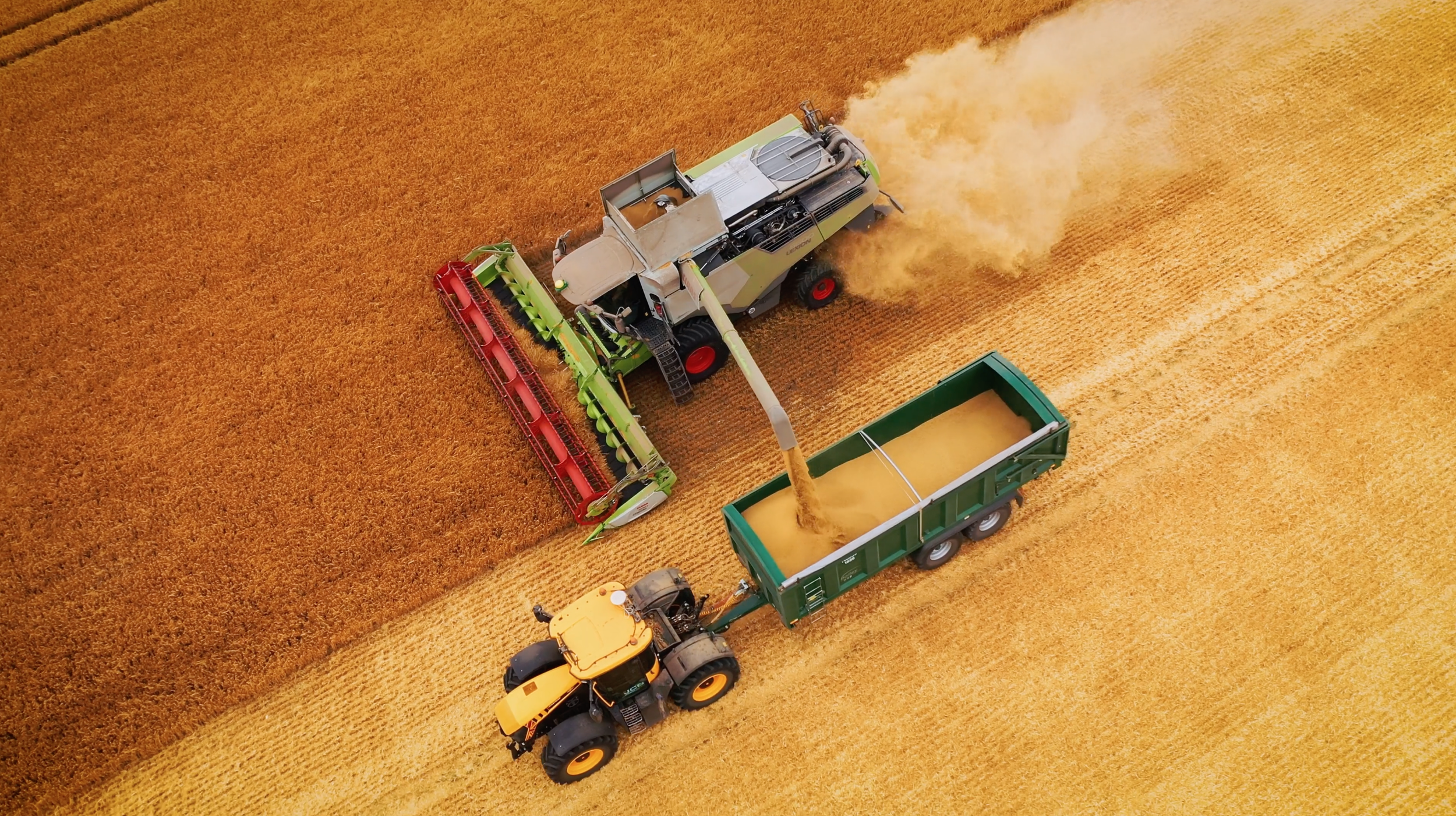
Mental health in rural communities
The nuances of the agricultural industry and what makes it unique are as challenging as they are rewarding. The way of life, the highs and lows, the time spent alone, the impact of external socio-economic and political factors and the unpredictability of the seasons. Just some of the things that can make it hard for people outside of this world to really get it.
But we do.
And we also get that it’s not just farmers who might find themselves struggling in our rural communities, and that none of us are immune to the challenges that everyday life throws at us.
In 2020, 17% (9.7m) of the population in England were living in an area defined as rural [1], there were over 470,000 people working in UK farming [2] and agriculture provided half of the food we ate [3].
The following year, The Big Farming Survey [4] explored the health and wellbeing of the farming community in both England and Wales. Whilst the sample was relatively small (15,000), the results were nevertheless revealing, highlighting the clear relationship between people’s mental health and business health, as well as other statistics including:
36%
of the farming community are probably or possibly depressed
16%
of 16-24 year olds do not confide in anyone, choosing to keep things to themselves
6
An average of six factors cause stress across the farming community
Despite charities like RABI commissioning research such as this survey, The Environment, Food and Rural Affairs Committee’s fourth report on Rural Mental Health in May 2023 highlighted that the state of mental health across England’s rural communities is difficult to measure with confidence and authority because there simply isn’t enough dedicated data for these communities. Despite this, those living in and lobbying for our communities see, hear and live with the reality of people’s mental health struggles.
And it’s not just farmers who are struggling.
Research in 2019 and 2018 by the RCVS and BVA found that that veterinary surgeons and nurses reported high levels of stress in their work, with 77% of vets surveyed saying they had been concerned about a colleague or fellow student’s mental health and wellbeing. [5].
Despite the committee’s recommendations in their May 2023 report to better measure rural mental health and fund the provision of dedicated support and services, the then Conservative government determined that the provisions in place for the national population were sufficient to meet the needs of rural communities.
Whilst the declaration to prioritise mental health in the recent King’s Speech is encouraging, policy change won’t happen overnight, so the more that’s delivered locally, the better.
[1] Department for Environment, Food and Rural Affairs, Statistical Digest of Rural England - July 2022 Edition, (August 2022)
[2] Department for Environment, Food and Rural Affairs, Farming statistics - final crop areas, yields, livestock populations and agricultural workforce at 1 June 2020 United Kingdom (December 2020)
[3] Department for Environment, Food and Rural Affairs, Agriculture in the UK Evidence Pack, September 2022 update
[4] RABI, The Big Farming Survey https://rabi.org.uk/about/big-farming-survey/
[5] Department for Environment, Food and Rural Affairs, Rural Mental Health, p.16
